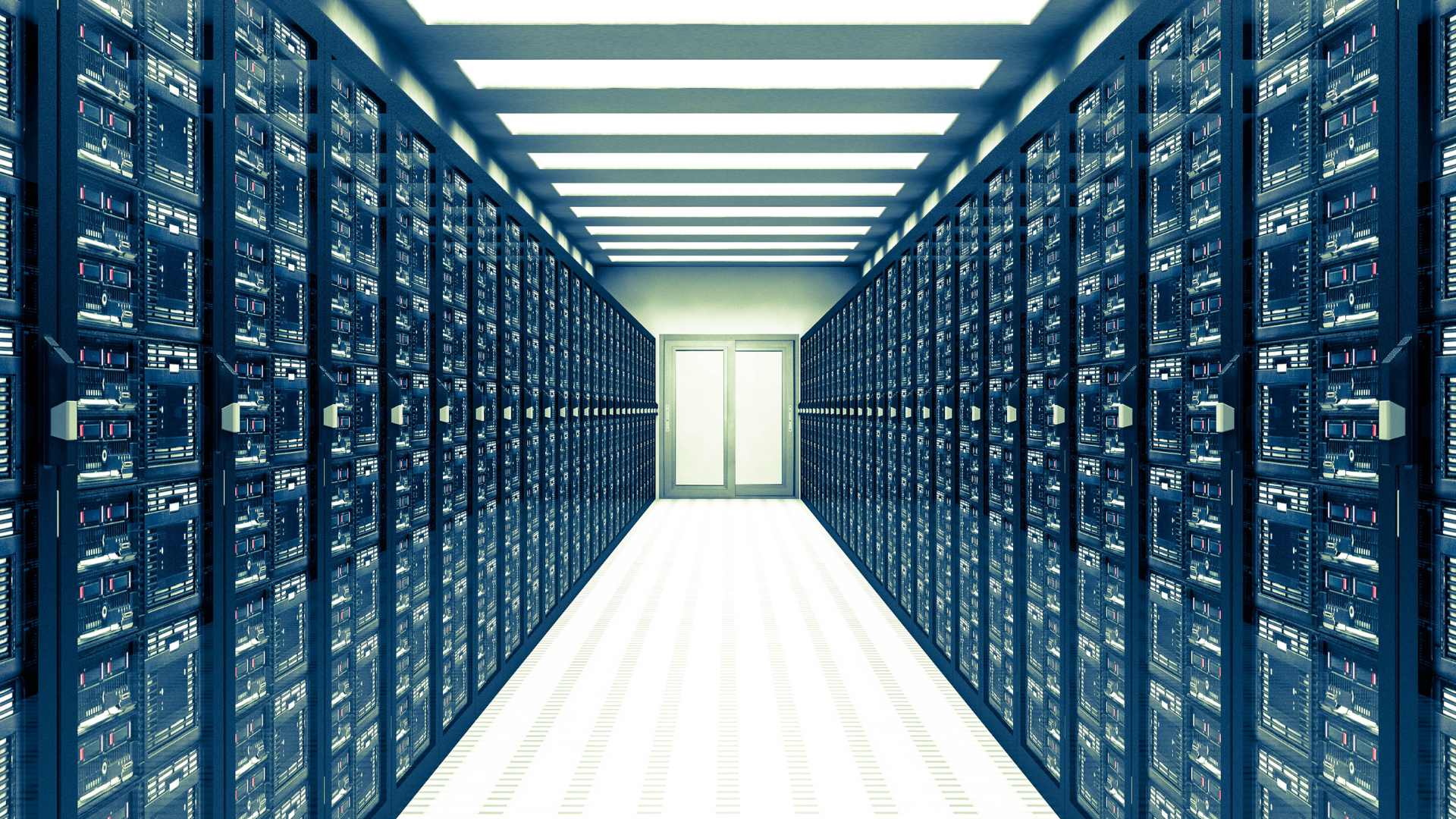It’s hard to name a business that hasn’t taken to using data centers as the heart of its operations. These facilities handle and store vast amounts of critical business data. With the demand for data centers continuing to rise, a McKinsey forecast predicts the global demand for data center capacity could rise at an annual rate of between 19% and 22% from 2023 to 2030—making data centers an essential component of business infrastructure for years to come.

As data centers expand, cyber threats are evolving at an alarming rate. Cybercriminals are leveraging AI and automation to develop more sophisticated attack methods, forcing organizations to continuously adapt their security strategies.
Protecting business data should be a top priority for businesses of all sizes. Continue reading to explore the latest security measures that safeguard data centers in 2025.
The Role of Data Centers in Data Protection
A data center is a facility that houses IT infrastructure, including servers, storage, networking equipment, and applications. It is responsible for managing vast amounts of data, both structured and unstructured, at high speeds and low latency—i.e., minimal delay times in processing data.
To protect this data, data centers are equipped with advanced security features, including access control systems, surveillance systems, clean agent fire protection, and more.
Key Security Measures in Data Centers
One of the most effective ways to secure data centers is the implementation of layered security protocols. This approach ensures that multiple security solutions are used in combination to provide a more comprehensive and robust security posture.
Physical Security Measures
1. Access Controls
- Biometric authentication (facial recognition, fingerprint scanning)
- Smart access cards and multi-factor authentication (MFA)
- Strict visitor management policies
2. Surveillance Systems
- CCTV cameras and motion sensors
- Automated alert systems
- 24/7 monitoring
3. Fire Protection Systems
- Clean agent fire suppression to prevent hardware damage
- Compliance with necessary fire protection certifications and other requirements
Cybersecurity Measures
1. Network Security
- Firewalls, intrusion detection systems and network segmentation
- Continuous monitoring to detect unauthorized access attempts
2. Data Encryption
- Secure encryption for data at rest and in transit
- Strong encryption algorithms and secure key management practices
3. Employee Training and Awareness
- Regular employee training on cybersecurity best practices
- Awareness programs to prevent phishing and social engineering attacks
Business Benefits of Data Centers
Today, many companies are struggling with uncontrolled and decentralized global data. IT professionals can implement a plan to transfer information into a data center, create an efficient disaster recovery plan, gain low-latency access to critical data, and optimize processes.
Data centers provide a centralized, scalable and secure environment that offers:
Enhanced Security: Protecting sensitive data from cyber threats minimizes risks such as data breaches and financial losses.
Data breaches can have severe consequences, including reputational damage, financial loss, and legal complications. With round-the-clock monitoring and physical security controls, data centers provide a secure environment for your valuable data.
Reliability and Redundancy: Redundant power systems and backup solutions ensure uninterrupted operations.
Downtime can harm your business operations, resulting in productivity losses and customer dissatisfaction. Data centers are designed to provide uninterrupted availability and reliability through redundant power supply systems, backup generators, and redundant network connections.
With their redundant infrastructure and rigorous maintenance schedules, data centers minimize downtime and ensure your business can operate smoothly.
Scalability and Flexibility: Data centers provide solutions that adapt to evolving needs.
As your business grows, so do your data storage and processing requirements. Data centers offer scalable solutions that can accommodate your changing needs. Whether you need additional server space, increased bandwidth, or enhanced processing power, data centers provide the flexibility to meet your expanding demands.
Cost-Effectiveness: Utilizing a data center can reduce the need for on-premises hardware, maintenance, and energy costs.
Maintaining an on-premises data center involves significant upfront investments in infrastructure, maintenance, and staffing. By utilizing a data center, you can shift these costs to a third-party provider and leverage their economies of scale. This solution can offer shared resources, efficient cooling systems, and energy optimization.
Compliance and Regulatory Adherence: Data centers adhere to strict industry regulations.
Many industries are subject to strict compliance and regulatory requirements governing data protection and privacy. Data centers adhere to rigorous industry standards and certifications, ensuring your data management practices align with these regulations.
Ready to Learn More?
With cyber threats persisting in 2025, partnering with a trusted data center provider is key. The right data center partner can provide the expertise and infrastructure needed to maintain a secure IT environment.
WIN Technology owns and operates two data centers interconnected with state-of-the-art layered security. Contact us if you would like to learn more.
